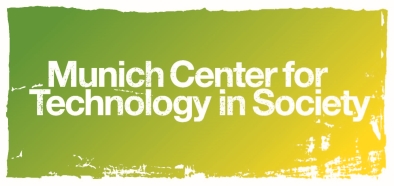Vorkommen:
- mediaTUM GesamtbestandEinrichtungenSchools TUM School of Social Sciences and TechnologyDepartmentsScience, Technology and SocietyProfessur für Innovationsforschung (W3TT) (Prof. Pfotenhauer)
- mediaTUM GesamtbestandEinrichtungenForschungszentrenFormer Munich Center for Technology in Society (MCTS)Professur für Innovationsforschung (Pfotenhauer)
- mediaTUM GesamtbestandEinrichtungenForschungszentrenFormer Munich Center for Technology in Society (MCTS)Professur für Innovationsforschung (Pfotenhauer)Zeitschriftenbeiträge
- mediaTUM GesamtbestandHochschulbibliographie2013Integrated Research CentersMunich Center for Technology in Society (MCTS)
